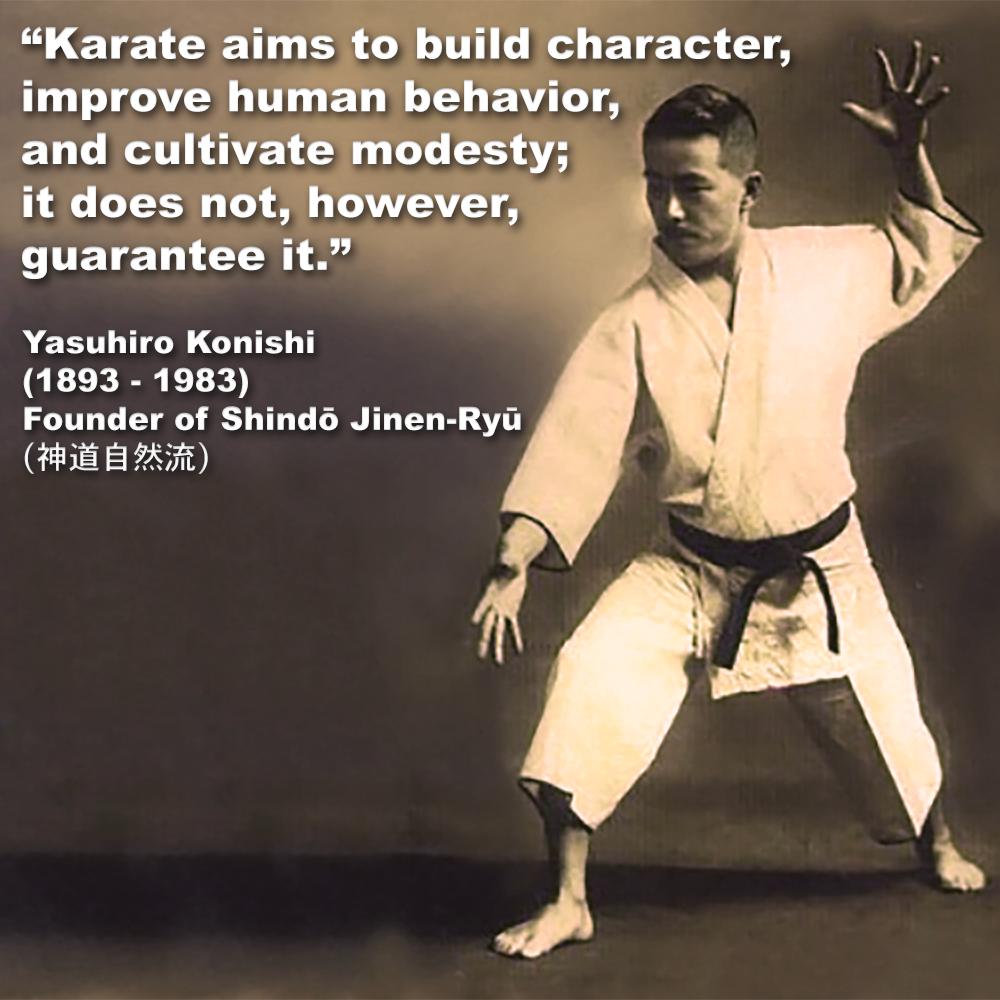
Personally I believe being polite serves us best. I receive many messages on social media with just a couple of words. As an example: “where are you?”, “who taught you?”, “how can I learn karate?”, “what is your style?”, “what black-belt do you have?”. And many, many more.
.
Nothing promotes silence from me more than this type of contact. I’m not trying to be arrogant, I would just prefer some politeness. Would you address someone this way off social media?
.
While the primary goal of learning martial arts may be self-defense, competition or fitness, the importance of etiquette remains significant, even for individuals focused solely on personal safety.
.
Etiquette is an integral part of the martial arts that goes beyond mere formality. It is a crucial element that fosters respect, humility, self-discipline, and safety in the martial arts world. It ensures the preservation of tradition and influences practitioners to be better individuals in all aspects of life.
.
By following a code of etiquette, martial artists not only become skilled fighters but also honorable individuals who embody certain core values.
.
Etiquette or certain principles you believe in, can create a positive and focused atmosphere within a class, and a respectful environment encourages better learning. When students are attentive, self-disciplined, and respectful, they are more likely to grasp and retain what they are being taught more effectively.
.
Etiquette and the right behavior teaches mental discipline, which is equally vital in self-defense, or any competitive situation. In a high-stress scenario, practitioners with self-control and mental composure are better equipped to assess situations, make quick decisions, and react appropriately.
.
The study of martial arts for personal protection should teach that physical techniques should only be used as a last resort. By understanding the value of respect and humility, individuals are more likely to use communication and conflict resolution skills before resorting to physical self-defense methods.
.
Being aware of your surroundings and avoiding potentially dangerous situations are essential aspects of self-defense.
.
And practicing etiquette and accepted behaviors patterns can emphasize these principles, enhancing your ability to stay safe by recognizing and avoiding potential threats.
.
As an example learning self-defense techniques without understanding the legal and ethical aspects of using force, especially so with a weapon, can lead to severe consequences. The rules of conduct often include discussions about the responsible use of self-defense techniques, ensuring that practitioners understand the legal boundaries and ethical considerations associated with defending yourself.
.
A confident demeanor can help to deter potential attackers, and practitioners trained in some form of code of behavior are more likely to assert themselves effectively, setting clear boundaries and responding decisively if faced with a threat.
.
While the ultimate goal of self-defense training is to protect yourself in dangerous situations, the correct attitude provides a holistic approach to personal safety. It not only enhances physical skills but also cultivates mental strength, awareness, conflict resolution abilities, legal understanding, and confidence.
.
Don’t just to rely on defending yourself physically but also try to navigate potentially dangerous situations with wisdom and restraint.
.
While there may be situations where assertiveness or directness is necessary, integrating politeness into communication and behavior generally leads to more positive outcomes. It promotes understanding, empathy, and cooperation, creating a better environment for everyone. Politeness, when balanced with assertiveness and self-expression, can help individuals navigate would could be a very complex and often dangerous situation.
.
“Politeness is the art of choosing among one’s real thoughts.” – Abel Stevens (1815-1897)
.
.
